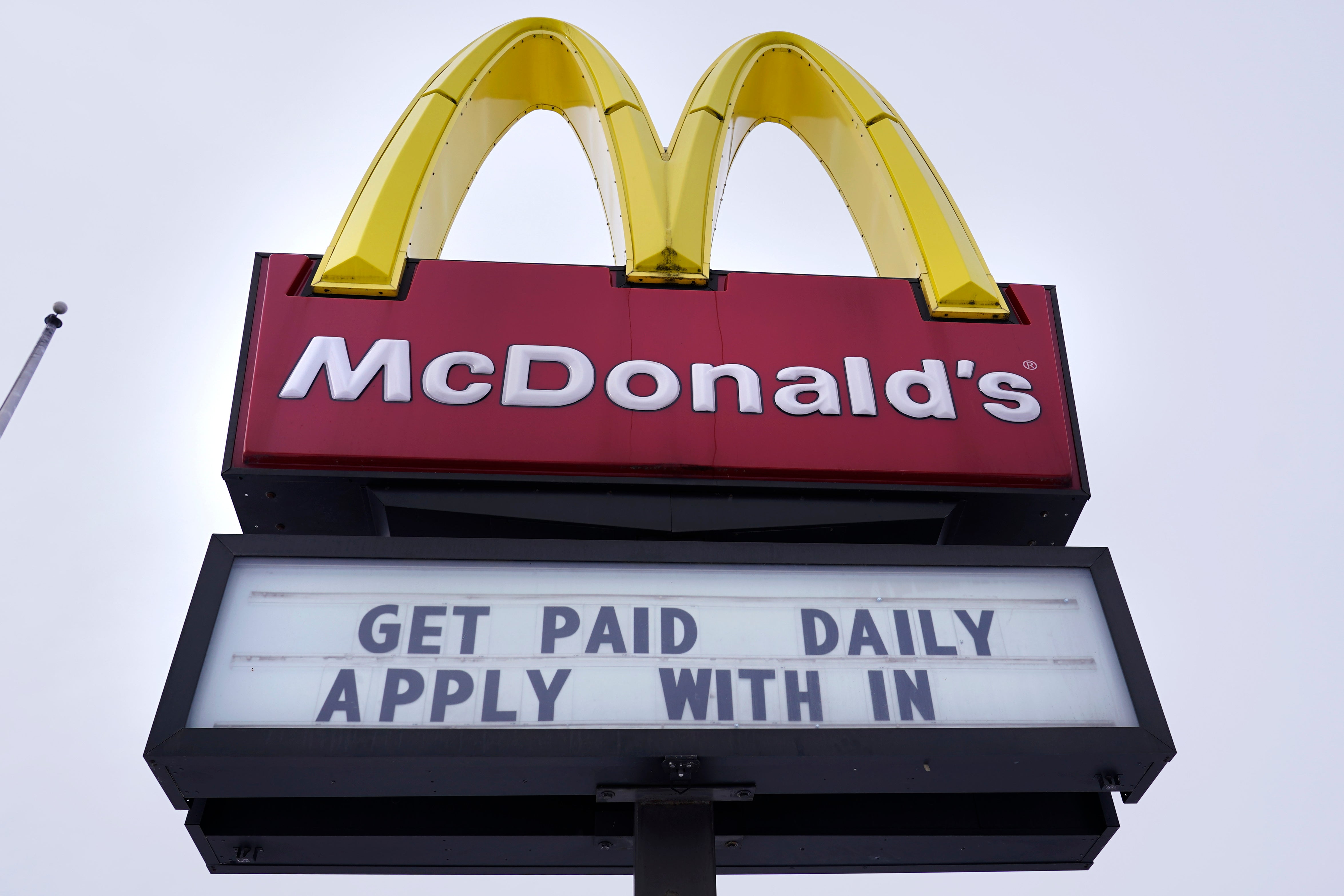January US job openings dip, but still high at 10.8 million
U.S. employers posted 10.8 million job openings in January, a sign that the American job market continues to run too hot for the inflation fighters at the Federal Reserve

U.S. employers posted 10.8 million job openings in January, indicating the American job market continues to run too hot for the inflation fighters at the Federal Reserve.
Job openings fell from 11.2 million in December but remained high by historical standards, the Labor Department reported Wednesday, but layoffs rose in January.
The American job market has been surprisingly resilient in the face of punishing inflation and rising interest rates.
2021 and 2022 were the two best years for job creation in official records dating to 1940. Hiring was expected to slow this year; instead, employers added a stunning 517,000 jobs in January, and economists expect that they added another 208,000 last month, according to a survey of forecasters by the data firm FactSet. The February numbers come out Friday.
In January, the unemployment rate fell to 3.4%, lowest since 1969.
But the flipside of healthy economic growth and robust hiring has been a resurgence of inflation. Consumer prices hit a four-decade high last June — up 9.1% from a year earlier. Inflation rates have since come down — to 6.4% in January — but remain well above the Federal Reserve's 2% target.
In response, the Fed has raised its benchmark interest rates eight times in the past year.
Fed policymakers are aiming for a soft landing — slowing the economy enough to contain inflation without causing much economic pain. One hope was that that employers would cut job openings — and ease upward pressure on wages that can feed inflation — and without actually cutting many jobs.
Many economists believe the Fed rate hikes will slow the economy enough to cause a recession later this year.